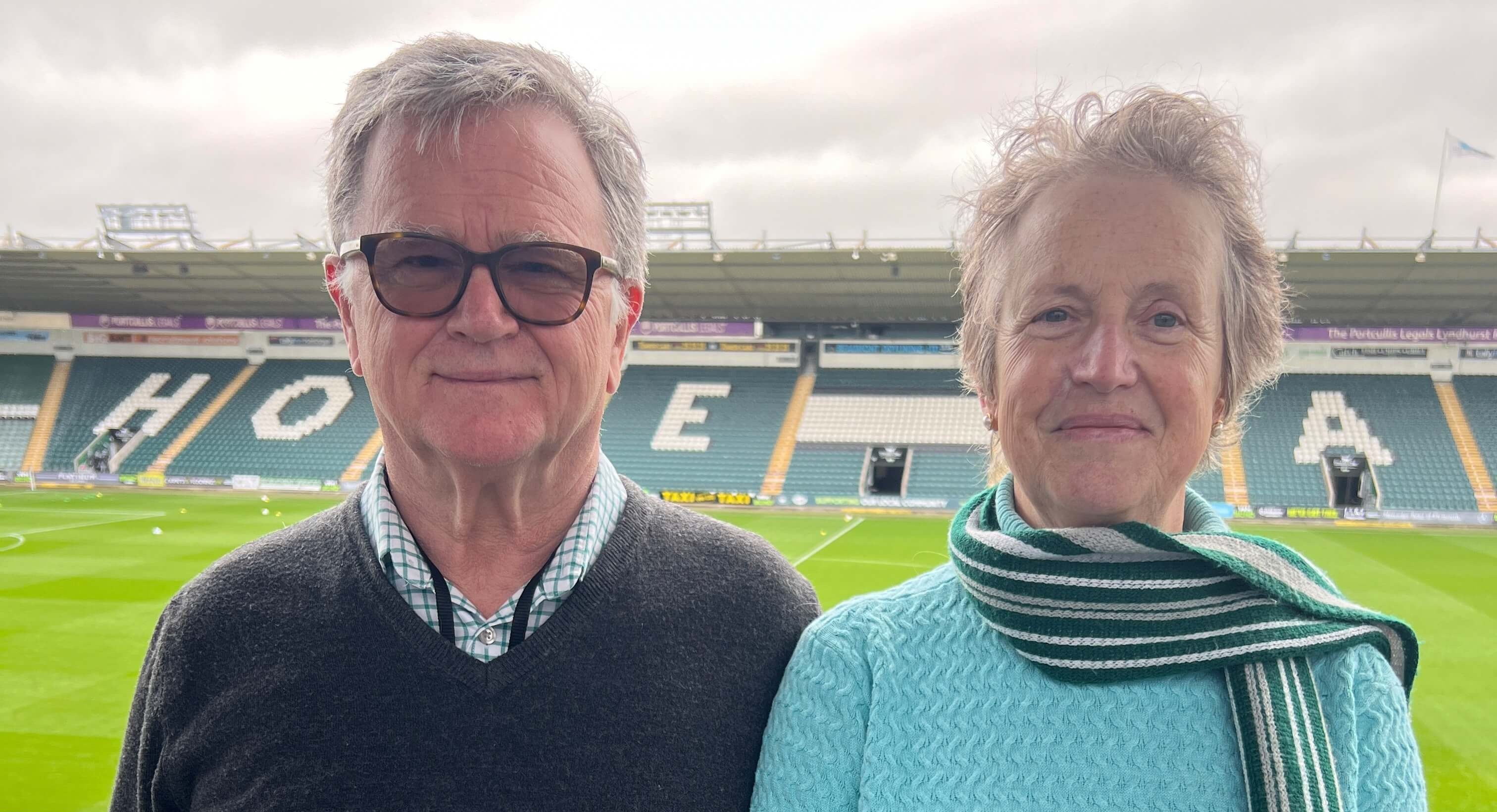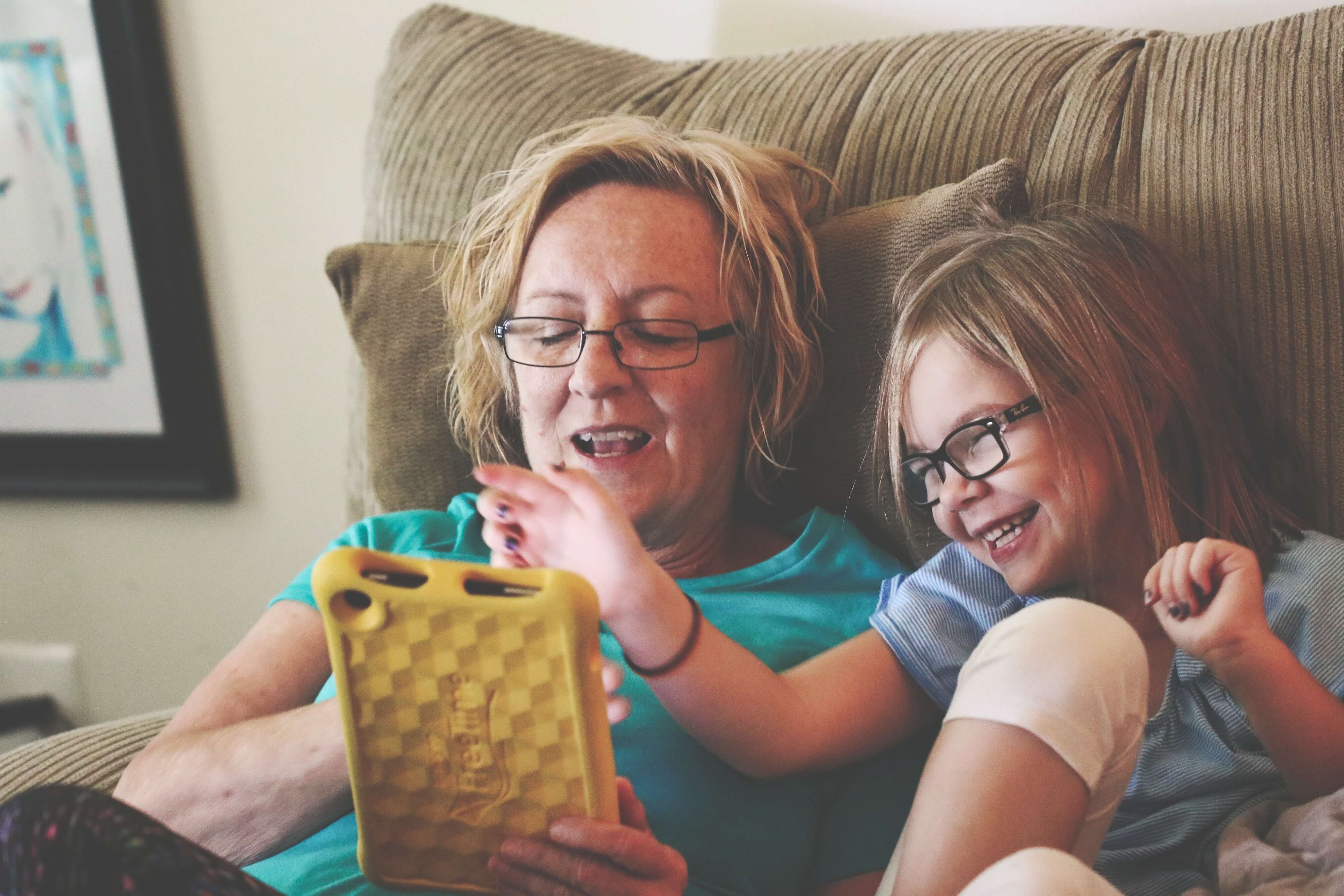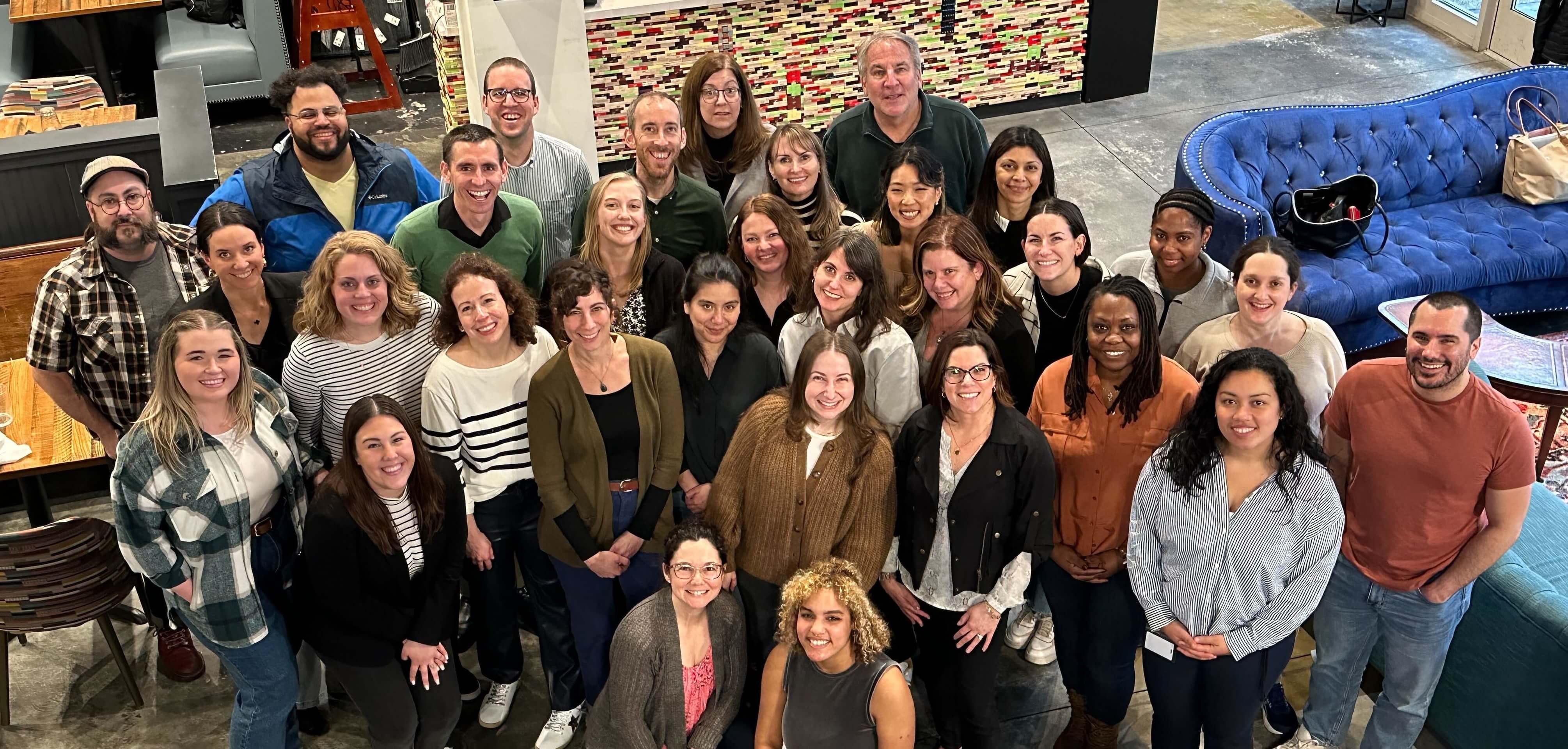Why I Give: An Interview with Alliance Board Member Simon Hallett

As Vice Chairman of the Executive Committee and partner at Harding Loevner, a global asset management firm headquartered in New Jersey, Simon Hallett has long recognized the value of the decision sciences in his approach to decision-making. This extends to his role as the majority owner of the Plymouth Argyle Football Club in Plymouth, England, where data, process, and analytics drive success both on and off the field.
Simon’s firsthand experience with and belief in the power of the decision sciences led him to the Alliance for Decision Education. He saw the potential benefits that better decision-making can have on society and connected with the Alliance’s work to provide essential decision-making skills to students across the United States. Simon and his wife, Jane, are generous supporters of the Alliance’s mission. In the following Q&A session, Simon shares their reasons for getting involved.
Q: What initially drew you both to the Alliance for Decision Education?
A: The work of the Alliance aligns with how Jane and I approach philanthropy. Almost everything we do is either locally-focused or focused on maximizing the impact of our contributions. I think the work of the Alliance has the potential to change the world and that the benefits of Decision Education are going to outlast all of us.
Q: Do the two of you have a personal connection to our mission?
A: Jane was a school teacher, and we both have long believed in the power of education and that we should strive to continually do what we can to improve education wherever we can, including in expanding what students are taught. For example, I’ve always wondered why children aren’t taught probability at a young age, and the Alliance’s mission aligns with our vision for education.
Q: In your own words, what can Decision Education do for students if implemented in schools across the country?
A: We need to provide the next generation of decision makers with better decision-making skills now. I think people need to understand the limitations of their own knowledge and their own cognitive biases, or we may be destined to go down this continuous path of a polarized society. There are few things as important as teaching decision-making skills and concepts at a young age.
Q: What aspects of the Alliance’s work align most closely with your philanthropic goals?
A: It is essential to us that any organization we support share our values, and the Alliance does that. I’m impressed by the Alliance’s commitment to education and its transparency as an organization. The Alliance is process-oriented and practices what it preaches by hiring a diverse group of people with varying degrees of exposure to Decision Education and who are eager to learn about decision science. That creates a wonderful diversity of personalities within a single common culture.
Q: How has decision-making impacted your life?
A: I have benefited from learning about how to make better decisions. Using those decision-making skills has helped me build a successful firm in Harding Loevner and helped me achieve my dream of owning the football team from my boyhood home town of Plymouth. I have found you don’t need to improve your decision-making a great deal in order to get positive results. Practicing these skills as I learned about them, changing things a little at a time, has proven to be incredibly effective for me.
Q: If we were to achieve our mission tomorrow and every US student had Decision Education as part of their learning experience, how would the world be different?
A: I think the world would be less polarized, because if we understand how people are making decisions, in theory, we should have more empathy for them. We would better understand how to focus on our common ground and not our differences. People would be better at letting go, giving credit where it’s due, and recognizing the role of luck. This would make them more empathetic to others facing difficulties and who may have fallen on hard times.
Q: What one decision-making skill or disposition do you wish students had now?
A: I think the main thing students need to know now is that we all have cognitive biases that get in the way of thinking clearly. The sunk-cost fallacy, the availability heuristic, so many others, we all have these cognitive biases. It’s crucial to make students aware of them so we can help them understand and address them. So that would be what I would like everybody to know first.
Q: What excites you about our vision to bring Decision Education to all students, and how do you hope to contribute to that vision?
A: I’m extremely optimistic. I think that if we’re successful, we could significantly improve individual well-being, happiness, and even financial security and make the world a better place. It would also positively impact public policy and public discourse if people understood how to apply better decision-making principles.
Q: What message would you give to others to engage them in our mission?
A: We all make decisions every day. If each of those decisions was even a little more effective, and the outcomes even a tiny bit better, people’s lives would significantly improve. Teaching people how to make those decisions more effectively is crucial for the future of society. The benefits are enormous and essential.

